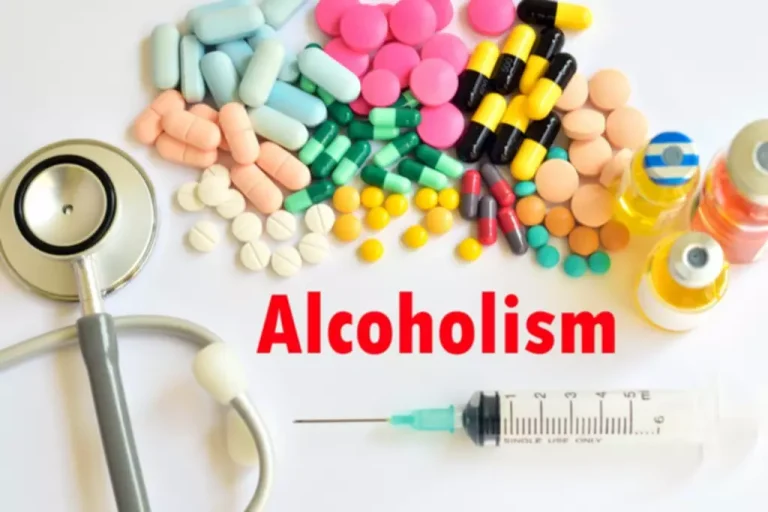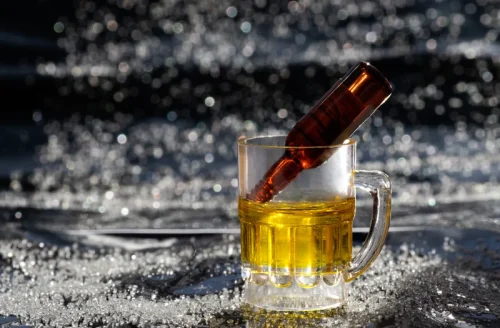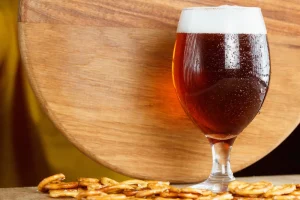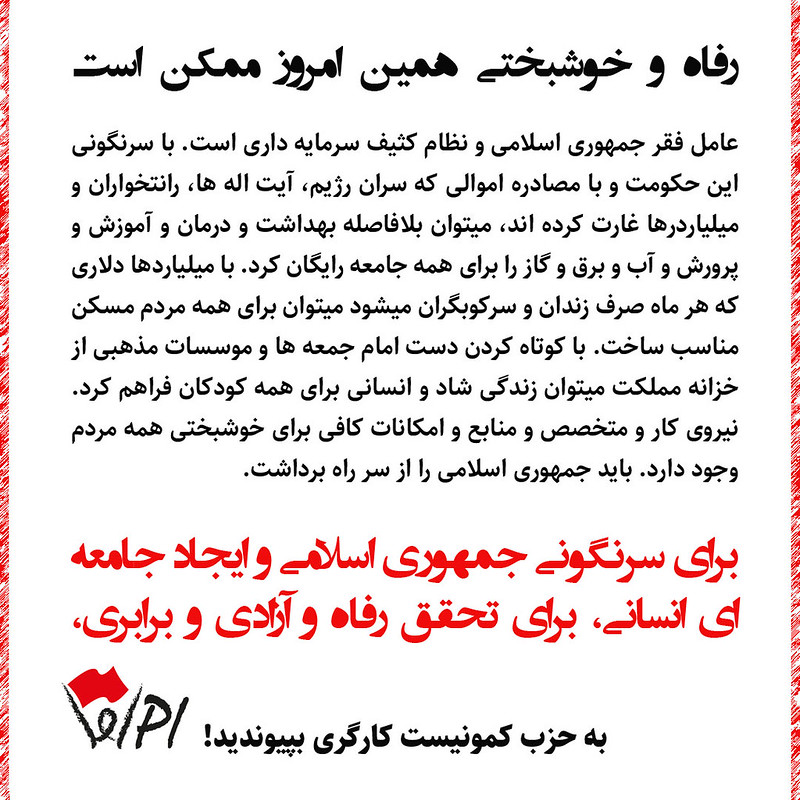Overview of dehydration: What to know, drink types, and tips

When comparing the dehydration effects of wine and beer, it all comes down to their alcohol content. Beer typically has about 4% to 6% alcohol, while wine steps it up with around 11% to 14%. This higher alcohol level in wine means it’s more likely to dehydrate you per glass. Having one glass of wine with dinner will likely not cause dehydration. However, drinking wine in excess can lead to dehydration because of the alcohol and the sugar content.
Online LCBO orders
Understanding the impact of wine on your hydration levels is crucial, as hydration plays a vital role in various bodily functions. From regulating body temperature to facilitating nutrient absorption, adequate hydration is essential for overall well-being. In this article, we delve into the does red wine dehydrate you effects of wine on hydration and uncover the scientific truth behind this age-old query. Hydration plays a vital role in keeping our bodies functioning optimally. It is the key to maintaining proper bodily functions, from regulating body temperature to supporting cellular activities.
- A lower-alcohol beer, if you don’t drink too many, will be less dehydrating than wine or hard liquor, since beer generally has a lower alcohol content.
- So what can you do to make sure you don’t get that infamous hangover headache caused by dehydration?
- “The best beverages to rehydrate with should include electrolytes like sodium and potassium, as well as calories from carbs, proteins or fats to help the fluids be absorbed into the cells,” Pfau says.
- This happens at a rate of about one beer, a small glass of wine, or one shot of liquor per hour.
Are certain types of wine more dehydrating than others?
Other signs of dehydration include dry mouth, fatigue, headache, and dark-colored urine. By listening to your body and recognizing these signs, you can take proactive steps to hydrate yourself, such as drinking water or consuming hydrating foods and beverages. Wine’s primary components are water, alcohol, sugars, acids, and tannins, with water being a significant part of its makeup.
Is Alcohol Use Disorder (AUD) the Same Thing as Alcoholism?
- You should try to limit your intake, but if you are going to raise a glass, aim for at least a one-to-one ratio with water.
- But another option would be to get creative and make alternatives for these classic beverages at home.
LivPur Hydration provides you with sodium, potassium, magnesium, and zinc to help rehydrate you quicker to feel better. The good news is you can reduce these side effects with a game plan to replace the lost fluids. If you are experiencing serious medical symptoms, please see the National Library of Medicine’s list of signs you need emergency medical attention or call 911. This is partly because our soil is incredibly depleted, so our fruits and veggies don’t have the mineral content they once did.

That’s because they contain high levels of tannins and acetaldehyde. So, when drinking liquors like whiskey and brandy, it’s especially important to consider how many drinks you’ve consumed versus glasses of water. So how do you https://ecosoberhouse.com/article/what-are-sober-living-homes/ properly rehydrate after drinking — or avoid alcohol dehydration in the first place? By practicing effective listening techniques and being self-aware, you can better understand your body’s signals and respond accordingly.





